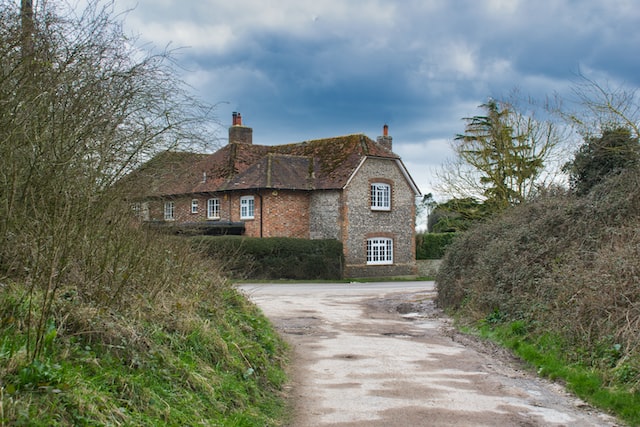Who is entitled to the house in a divorce?
In an ideal world, all matrimonial assets that couples have together either in a marriage or civil partnership should be divided equally.
These assets might include pensions, property, savings, and investments. However, in the real world, there is no such thing as a “standard split” of assets or a “one fits all” formula to apply to all divorcing couples.
It’s not simply down to the legal ownership of the home, which is usually the most valuable matrimonial asset, but down to the personal circumstances of the marriage or civil partnership.
It can be very annoying to find out that there is no clear-cut answer to the question “Who owns the house?” It doesn't matter if you own or rent your home, or whether it is in one or both names, both partners have a right to stay in the family home. This is known as having “home rights”.
What are “home rights?”
It is important to know that having “home rights” is only valid in a situation where a property is being used by spouses or civil partners as their matrimonial home. It is applicable even if the home is solely owned by your partner and they have the register of title with the Land Registry.
It is therefore important while divorce proceedings are ongoing to register your “home rights” with the Land Registry. This enables you to register a charge on the property which means it cannot be sold, transferred, or mortgaged without your knowledge.
These rights only apply until the final settlement is finalised by the court, at which point, a permanent arrangement decided by the court will take effect.

What happens if children live in the house?
During a divorce or settlement, your financial agreement will decide if one person should stay and buy the other’s share or whether the house should be sold and the proceeds split. Or, if the person who has primary care of the children should stay until the children reach the age of 18 years old.
The court will always endeavor to meet the needs of all children under the age of 18 first before deciding on the needs of a partner. Usually, if there are no children, the court may decide it’s appropriate to sell the house and divide the proceeds, especially if neither partner can decide to stay in the home, or if both can afford another home.
However, if there are children and you have primary care over them, it doesn't automatically mean that you are entitled to stay in the home. It is always the court’s desire to minimise trauma and upheaval meaning they would normally order that the children stay with the resident parent in the family home.
What can courts decide over property in divorce cases?
Although it is far better to reach a mutual agreement with your partner about how assets are to be fairly divided, this is often not possible. It can then be a decision for the courts. In the final settlement, a court can decide on one of several outcomes. These could be:
- The home is transferred from one spouse / civil partner to the other
- The house is sold and the proceeds are divided in specified percentages - not necessarily 50:50
- The home is kept in joint names but only one person ( the primary carer of the children) will remain and the property is sold at a later date when either partner dies, the youngest child reaches 18 or there is a remarriage / new civil partnership
Can I force the sale of my house in a divorce?
If both parties agree, a property can be sold. However, a co-owner cannot automatically force a sale of a home if the other co-owner does not agree.
Again, the court will not agree to a “force sale of a home court order” if the property is a family home to dependent children. If there are no children, it will normally be a simple matter of putting the property on the market, and splitting the proceeds.
All this shows that many cases are unique and will normally require detailed legal advice.